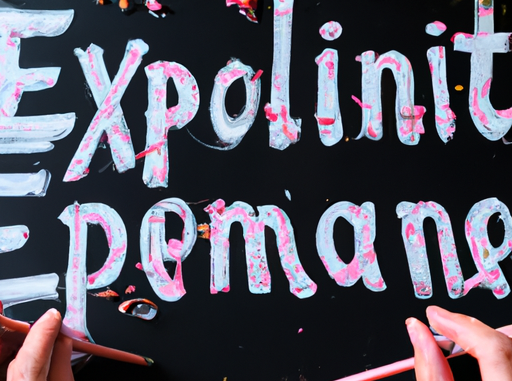
Experiential Learning: An In-Depth Examination
Experiential learning is an educational approach that emphasizes learning through direct experience, engagement, and reflection. Rooted in the work of educational theorists such as John Dewey, Jean Piaget, and David Kolb, this method contrasts with traditional rote memorization by actively involving learners in the learning process. Kolb’s Experiential Learning Theory (ELT), in particular, posits that knowledge is created through the transformation of experience, requiring a cyclical process that includes concrete experience, reflective observation, abstract conceptualization, and active experimentation. This cycle encourages learners to immerse themselves in a task, reflect on their actions and outcomes, conceptualize broader principles, and apply these principles to new situations.
The benefits of experiential learning are manifold. By engaging in hands-on activities, learners develop critical thinking and problem-solving skills, which are often more difficult to cultivate through passive learning methods. This approach also allows for the development of higher-order cognitive skills, as students are required to analyze and synthesize information, as opposed to merely recalling facts. Furthermore, experiential learning often enhances motivation and engagement, as learners find personal relevance and immediate application in their activities, leading to deeper and more sustained learning.
In practice, experiential learning can take many forms, from laboratory experiments and fieldwork to internships, simulations, and service learning. For example, a biology student might engage in a field study to observe ecosystems in their natural habitats, while a business student might undertake an internship to gain practical experience in a corporate setting. These experiences not only help to solidify theoretical knowledge but also build essential life skills such as teamwork, communication, and adaptability. By bridging the gap between theory and practice, experiential learning empowers learners to become active participants in their own education, preparing them for the complexities and challenges of the real world.
PhDr. Pavel Bartoš, LL.M., DBA (Evropská akademie vzdělávání / European Academy of education)
Leave a Reply